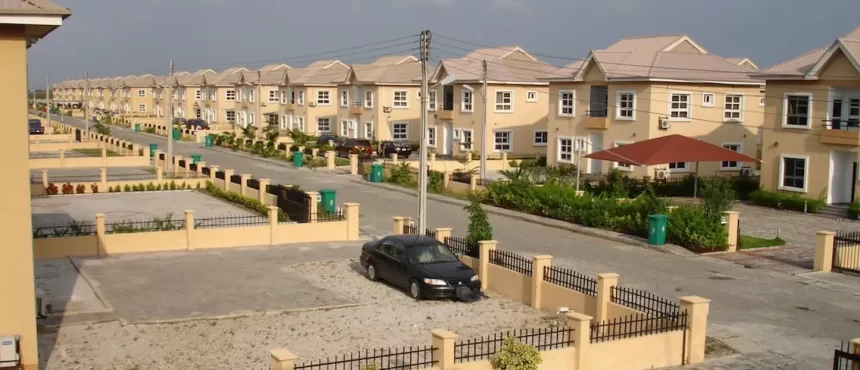A recent report by Estate Intel has highlighted Nigeria’s struggle to attract foreign direct investment (FDI) in the real estate sector, positioning it below Botswana and Morocco. Factors contributing to Nigeria’s trailing position include soaring inflation, a weakened Naira, and high production costs.
Investors are hesitant about Nigeria, driven by concerns over inflation, escalating debt levels, and potential default risks, among other factors, as disclosed by Estate Intel.
The report underscores Nigeria’s Naira’s experience of the most significant depreciation in 2023, with an alarming 83% decline against the official exchange rate.
“Nigeria ranked third from the bottom due to substantial currency fluctuations (83.66% Year-to-Date), soaring inflation (27.33%), and hefty construction costs estimated at USD 1,700 per square meter,” the report emphasized.
ALSO READ:
Inflation Pushes Land Price in Prime Locations Up by 42% in 6 Months
Conversely, Botswana and Morocco emerged as top contenders in real estate market attractiveness. Their ranking is attributed to relative currency stability, low inflation rates, and more affordable construction costs.
ALSO READ:
Inflation and the housing market: Decoding the latest numbers
The latest data from the National Bureau of Statistics revealed Nigeria’s headline inflation surged to 28.92% in December, further adding to investor concerns.
AfricaHousingNews
































